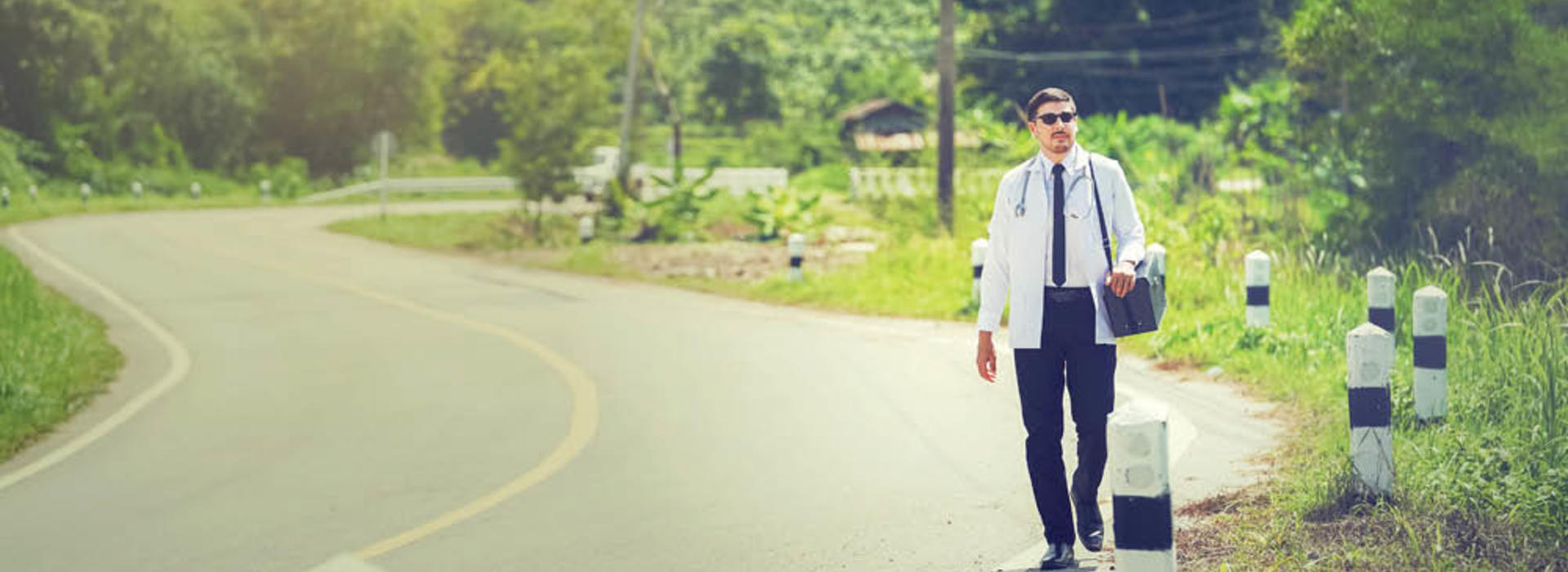
How an Alum Helps Students Travel During Interviews
Karen Schwartzbauer, MD, a University of Minnesota Medical School ‘92 graduate, expresses her enthusiasm about hosting students in her home as they travel for their residency interviews. She reminisces on her personal journey with choosing a residency program and was delighted to offer her home to students through the Help Our Students Travel (HOST) Program.
“It was actually really fun, you know these young people at the crossroads of their careers, starting a new chapter and they are all excited. I loved hearing their backgrounds and their stories,” Dr. Schwartzbauer added, “They just were amazing people.”
Dr. Schwartzbauer became involved in the program in 2018.
In the fall of 2018, Lyndsay Stevens, assistant director of Alumni Relations at the Medical School, launched the HOST Program, which focuses on connecting current U of M medical students and trainees traveling for residency and fellowship interviews with alumni hosts near the interview locations. In 2020, 35 alumni hosted students in their homes, and today there are 110 current HOST volunteers in the program all across the country (including Alaska).
“Lyndsay sent a mass email to alumni asking volunteers to host students when they come out for their residency interviews in other cities. Being in Seattle, it’s a popular place and we had the space, so I volunteered,” Dr. Schwartzbauer said.
Dr. Schwartzbauer hosted three students from 2018-2020 and described different ways she was able to provide guidance.
“A lot of it was logistics, like how to get to their interview and helping them get to the train station from the house,” she said. “I was also able to share my journey of what it was like when I was looking at places and what I felt was important for my decision for finding a residency.”
For Dr. Schwartzbauer, she felt a personal connection towards helping these students and believes it's important to stay connected with fellow alumni and students through programs such as the HOST Program.
“It reminds you that this profession feels like a big family, and it’s nice to know someone has your back and that there’s help out there,” she says. “We are all in this together.”
When talking about helping students, Dr. Schwartzbauer spoke about her involvement with being a supporter of Medical School scholarships. For her, it was a lot about giving back to the Medical School community because of her personal experiences with receiving a scholarship herself. “I couldn’t have done it without getting scholarship help, so for me, it’s giving back and helping someone else.”
Although the HOST Program has been slow since the pandemic has shifted a lot of interviews virtual, there is an "eHOST" component to the program which allows alumni to provide guidance and insights to students virtually.
Dr. Schwartzbauer hopes that the HOST Program returns so she can continue to volunteer. She believes participation in this program will help inspire a bigger impact in the future of medicine.
“It’s really important to help students who are in particular need. We need more doctors who are members of different communities and cultures of our country. If we can get more students from underrepresented communities through the medical school process, our whole medical system and country will be better off.”